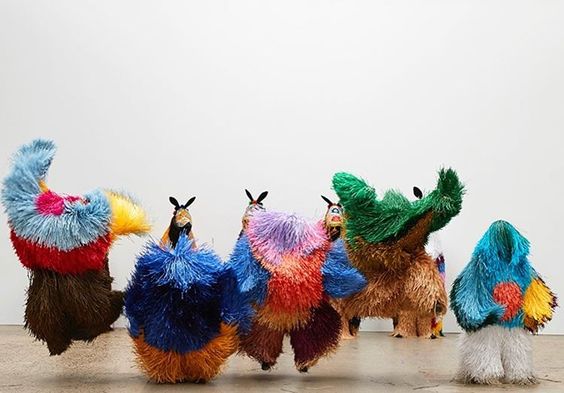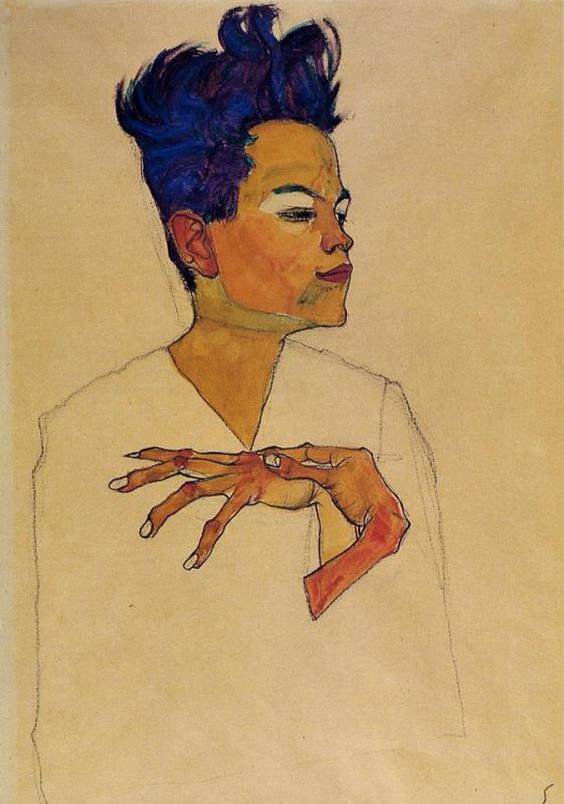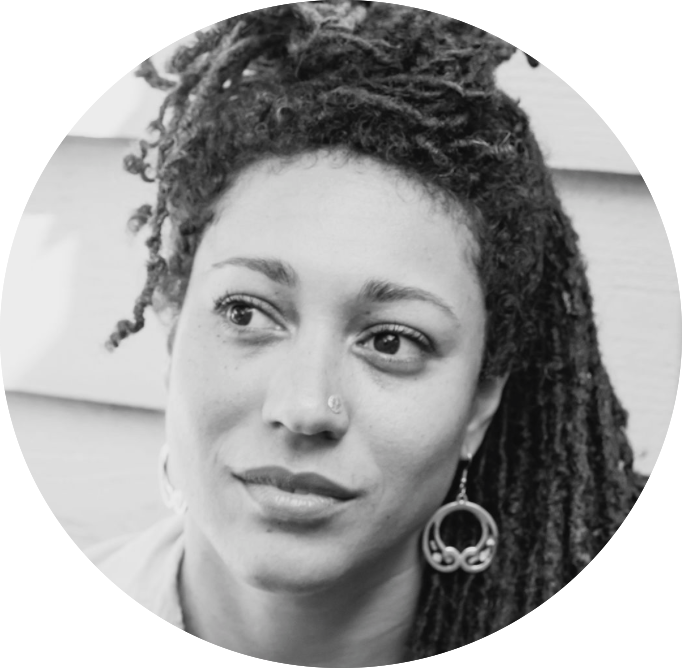|
Nick Cave, Heard, performance at Carriageworks Sydney. Photo by Zan Wimberley. "... when you don't tell your own story, typically somebody else tries to tell it for you. And they don't usually do a very good job. It might be detrimental." Do you remember an occasion when you had to sit in time-out as a kid and have everyone carry on as though you didn't exist? I do; it only happened once. (Yes, I was that kid who had her photo next to the term “miss goody-two-shoes” in the dictionary.) I was in grade 2 and I'd just come back from a week off school. I don't exactly remember the details but I think my fairy-grandmother was taking care of me at a time when my mother had just awakened from another coma. When I walked into the classroom, my teacher, Mr Cameron, warmly welcomed me and asked, "Did you miss being at school?" I looked at him shyly and replied, "well... I didn't miss your yelling..." Mr Cameron was the sort of teacher who would regularly vent his frustration. You could see it coming, because he would send a small handful of us “good" students out of the classroom, and then proceed to yell at the remaining children for whatever it was they were doing "wrong". I'm talking scream-down-the-roof kind of yelling. It was terrifying, and I was always one of the kids on the outside. Until this defining moment. Unfortunately, I pushed Mr Cameron's rage button when I told him that I felt confronted by his frequent violent outbursts. He decided the best way to respond was to shout in my face in defense of his teaching style, and then send me to the time-out corner for what felt like an eternity (though it was probably only 10 minutes). This may not have fazed some kids, but I was mortified. It completely caught me off guard, and in that moment I felt a mixture of shame and humiliation. From that day on I subconsciously made the decision that it wasn't safe for me to speak my mind. Egon Schiele, Self Portrait with hands on chest, 1910. "One of the most calming and powerful actions you can do to intervene in a stormy world is to stand up and show your soul." One of the problems with silencing yourself, at whatever age, is that your repression creates a shadow voice that doesn't reveal the full flesh-and-blood picture of who you really are. If you're not heard, you unconsciously find ways to cry out for attention that are self-sabotaging at best and socially destructive at worst. You see this in people-pleasers, the folk who say 'yes' to things they don't want to do in order to be liked and acknowledged. In fact, Psychologist Marshall Rosenberg identifies depression in someone as a signal that they're not listening to their own inner voice, the one that is trying to tell them what their unmet needs are. I can't help but wonder if the desire to be heard somehow affects our bizarre parliamentary process whereby politicians yell out over the top of each other to argue their point. I question whether this same motivation plays some role in the unacceptable behaviour of police officers who abuse their power by assaulting innocent men and women. Violence begets violence, and an unwatched pot on the stove will boil over the edge eventually. Prue Stent, Pink series.
If you voice who you are using healthy modes of expression, you are one less repressed person in this world who could turn to forms of violence to make themselves heard. How do you go about doing this? It really comes down to having the courage to be vulnerable- to be seen for the person that you are, with all your human foibles and needs. When you accept that you're not perfect, and share this with even just one other person, you're actually showing your capacity to be empathic towards yourself, which increases your likelihood of being compassionate towards others. Part of this process of non-violent communication is identifying what your needs are and taking responsibility for meeting those. By doing this you take ownership over your own behaviour instead of blaming and projecting your own fears of being "wrong" onto others. Sharing the fullness of who you are is an incredibly empowering process, and when you tell this story the ripple effect is equally as profound. When you act in this way, you show others that true power is something earned through courage, self-awareness and integrity, not assumed through brute force or passive aggression. Not only that, because you've learned how to better listen to your own inner voice, you start to become the kind of parent, friend, teacher, partner and citizen that listens to other people so presently that they feel both seen and heard. So please, raise your voice. Tell your story. Tell the truth, and nothing but the whole truth. The world needs to hear it, and together we become a powerful choir for peaceful change. Don't want to miss a post? Sign up to my monthly newsletter here for more inspiration.
Comments are closed.
|
Author |



